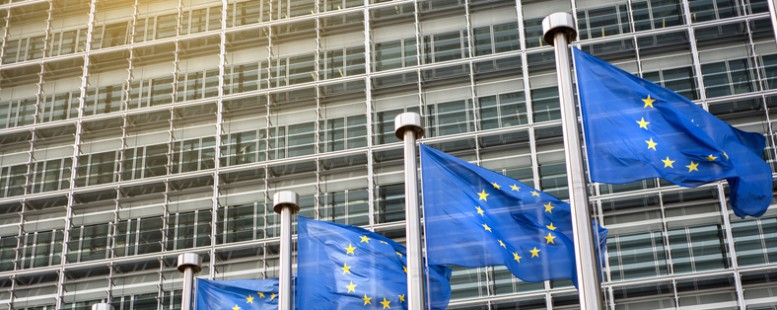Our Opinion: 2017
Will 2017 bring another European crisis?

On New Years Day, my lunch guests were unified in the view that the UK’s split with the EU was the defining moment of 2016. However, it’s not just about the UK. Italy isn’t happy. Greece certainly isn’t happy. And elections in France and the Netherlands early next year should show us just how unhappy their populations are too.
While US stocks have soared to new peaks this year, the picture across the Atlantic has been less inspiring. The pan-European Euro Stoxx 600 index hasn’t hit a record in almost two years, and is marginally down on its 1 January 2016 level. But in the last few weeks the macroeconomic backdrop has improved. The eurozone could well grow faster than the annualised pace of 1.4% it reached in the third quarter.
Eurozone heavyweight Germany, in particular, has found a higher gear. Business confidence has risen to a three-year high and, even better, a component of the survey tracking businesses’ expectations for the future looks buoyant. This indicator has always been closely linked to business investment – one of the key weaknesses in European growth.
The eurozone relies far more on exports than other major economic regions, so if Trump’s stimulus does kick in, raising activity in the US-led global economy, the earnings of Europe’s listed multinationals should get a boost. Ever since the global financial crisis, banking on a lasting European earnings recovery has been futile. Profit growth has been dampened by the long recession, high labour costs and unusually slow global growth.
All of which sounds like good news for European equities, if it weren’t for the tendency of the bloc’s chronic crisis to flare up, and negate incipient economic upswings. While Europe’s ability to muddle through and apply short-term fixes to its flawed currency should never be underestimated, it faces a daunting series of potential flashpoints next year. The main one is the French presidential election.
The nationalist and anti-EU candidate Marine Le Pen is not expected to win. However, the threat alone may be destabilising. She intends to call a referendum on France’s EU membership – 54% of voters have a negative view of the organisation – which would surely crumble if a founding member left.
The same would apply to the single currency if Italy quits. Given the huge loss of competitiveness Italy has endured owing to its euro membership, its departure is surely “not a matter of if, but when”, as Roger Bootle of Capital Economics recently said in The Daily Telegraph. Italy is muddling on for now, but the German national elections next autumn may harden northern attitudes towards bailing out the south and poison intra-European relations further.
That would be especially inconvenient for Greece, where talks between Athens and its creditors have broken down over the latest review of Greece’s 2015 bailout. There may now be an early election, another potential thorn in the eurozone’s side. The new year may see a sadly familiar scenario in Europe: political turmoil negating reasonable economic fundamentals.
3rd January 2016
